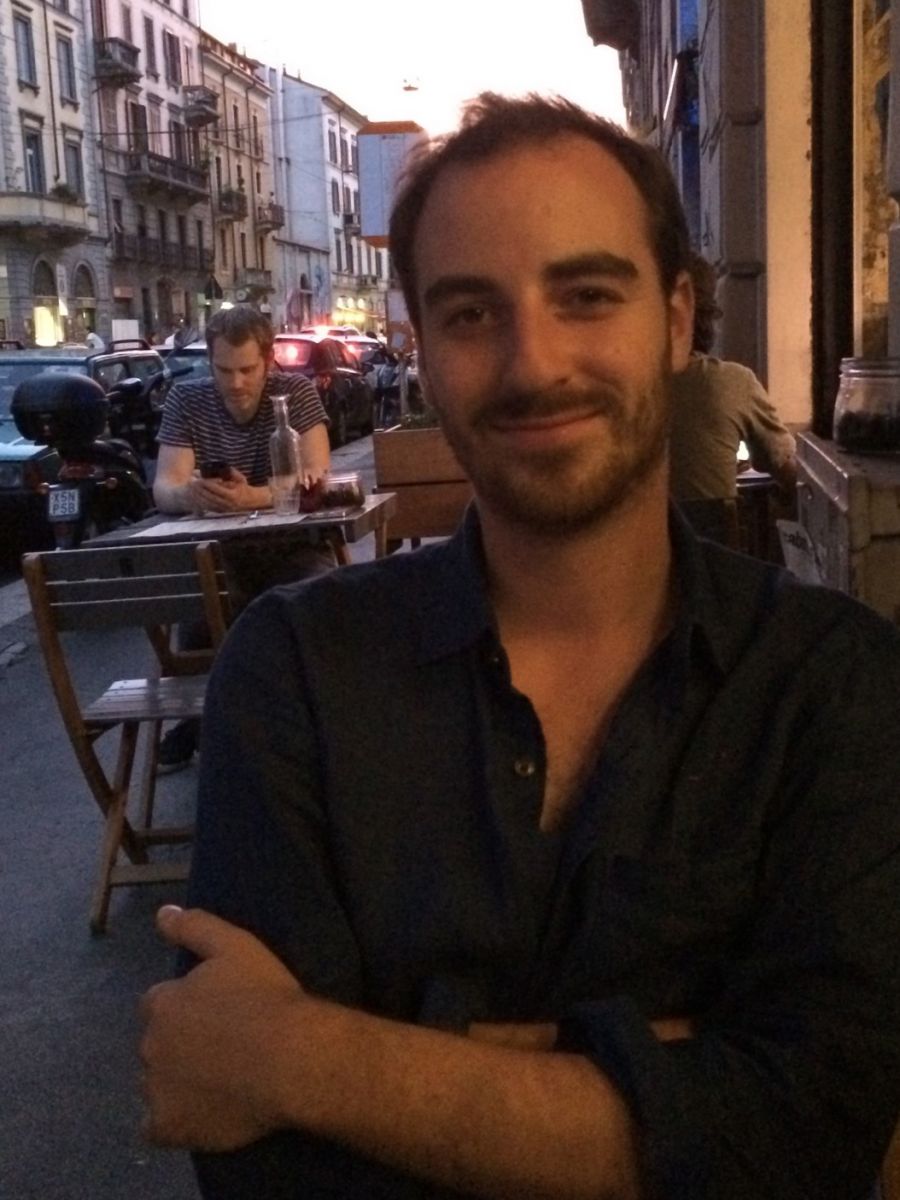HUMS 070, Self and Other

Course Description:
Questions of self and other, identity and difference, are at the heart of personal experience and present social conflicts, from campus debates about power and privilege, to movements like Black Lives Matter and Me Too, to the resurgence of ethno-nationalism. But what do we mean by “self” and “other”? What is the self and how does it come into being? What connects us to or differentiates us from various “others” (family, friends, lovers, strangers, people of other backgrounds or political orientations)? To what extent are individuals defined by group identity? What makes me “me” and what is involved in truly recognizing another person? What sort of access do we have to other minds – and to our own? How do love and hate shape our relations with others? Is “self and other” the best framework for understanding our being in the world?
This class explores these questions through readings in modern literature, philosophy and social theory. Authors include William Wordsworth, G. W. F. Hegel, R. W. Emerson, Walt Whitman, Frederick Douglass, Emily Dickinson, W. E. B. Du Bois, Nella Larsen, D. W. Winnicott, James Agee and Walker Evans, Simone de Beauvoir, Ralph Ellison, James Baldwin, Stanley Cavell, Angela Davis. Enrollment limited to first-year students. Preregistration required; see under First-Year Seminar Program. 1 credit for Yale College students.
Led by:
 |
Professor Benjamin Barasch is a Postdoctoral Associate and Lecturer in the Humanities Program at Yale University. Having received his PhD in English and Comparative Literature from Columbia University in 2019, he is delighted to be returning to Yale and to the Humanities Program, from which he received his BA in 2009. While his scholarship is rooted in nineteenth-century American literature and European aesthetic and ecological thought, he is also committed to wide-ranging inquiry into questions such as the nature of value and the status of the human in an age of environmental catastrophe. His book project, Living Thought: Form and Vitality in American Literature, argues that authors such as Walt Whitman and Henry James held a paradoxical conception of the imagination as both the mark of human uniqueness and the source of our closest intimacy with the nonhuman world. He proposes the irreducible doubleness of the imagination as a corrective to the academic critique of the human subject. He has taught classes on American visionary art from Emily Dickinson to David Lynch; on the question of value in humanistic study; and a yearlong survey in political philosophy from Plato to Foucault. His paper “Emerson’s Discovery of Life” was the 2019 winner of the Ralph Waldo Emerson Society’s award for the best graduate student paper. A performing pianist and guitarist, he also studies the history and theory of classical and popular music; particular favorites include Gustav Mahler, Charles Ives, and Bob Dylan. |
Testimonials:
This course has never been offered before. Testimonials are taken from student course evaluations of other courses by Professor Barasch.
- “He is an excellent teacher who is always willing to meet with students. His insights allowed for deeper discussion in class. His engagement level was very high. He was very friendly and always open to help all of his students.
- “He gives unique insights into the texts. They can be really different from what we usually heard and can be really deep. He’s especially helpful in office hours and gives me lots of ideas for my essays. I’m really grateful that I had him for my literature course in the first semester.”
- “Professor Barasch continually engaged with my writing and ideas, even if he disagreed with the themes I put forward in my essays or our conversations he did always seem to respect me as a thinker and student. I’ve learned a LOT about a lot of books and have enjoyed discussing them together.”
- “Professor Barasch not only demands participation and original thought, but he also uses our involvement to curate discussions that answer our own questions. Office hours are incredible, as he will discuss elements of the text with you as an equal and show care towards your well-being.”